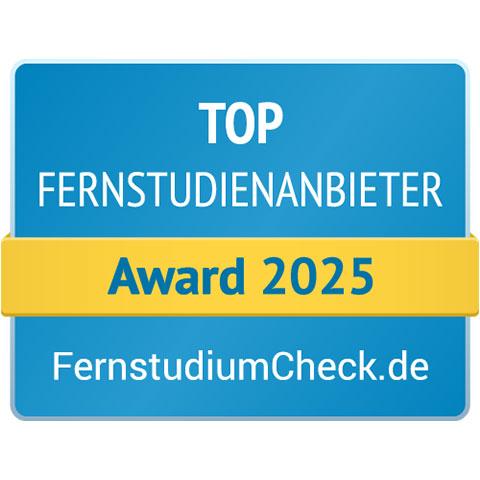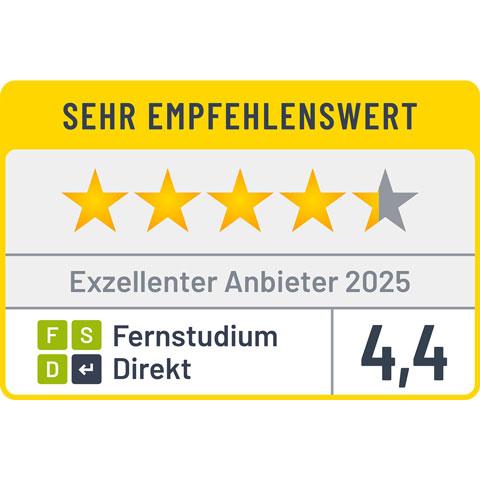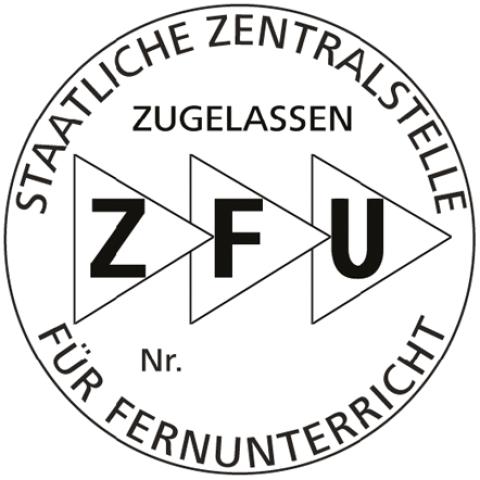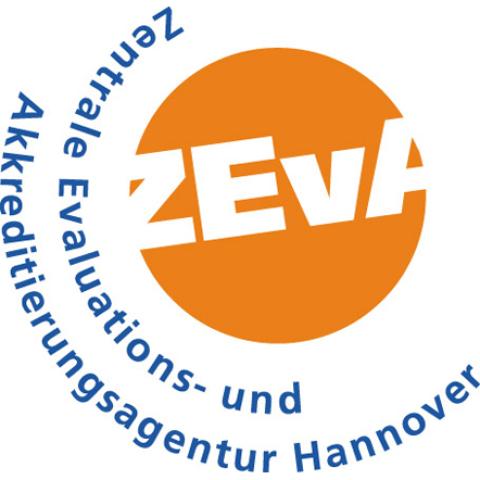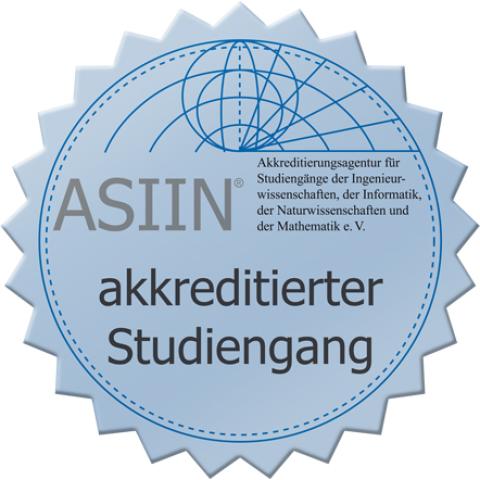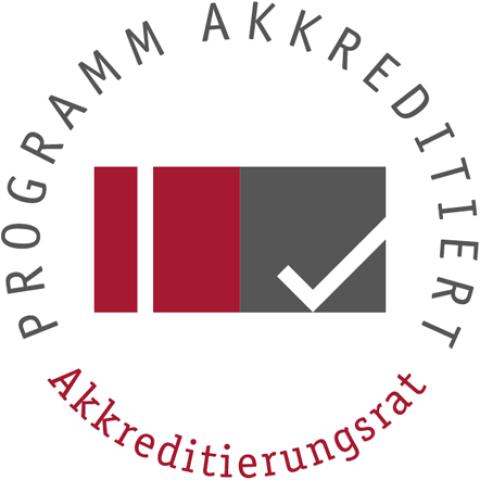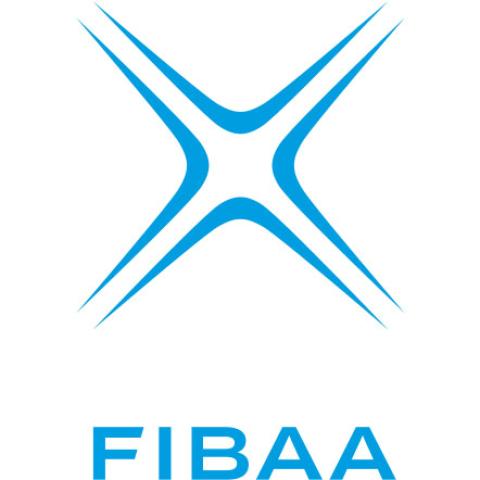Engineering the Smart World: Advance in Digitalization and Automation
This programme is for those who want to learn how to make industry and life more efficient, friendlier and safer, e.g., a real technology and computer geek (or, at least, to some extent) whose heart beats faster for innovations and a machine-improved world.
As a graduate of the Digitalization & Automation programme, you will be ready to work in an automated, computerised and robotised world. You will understand key Industry 4.0 concepts like the Industrial Internet of Things (IIoT), robotics and digital twins, and applying them directly to production processes.
The programme is designed for students with a background in engineering, a technical-scientific area or a closely related subject.
Degree
Master of Science 120 ECTS
Study location
Stade (near Hamburg)
Length of study
4 semesters (2 years)
Start dates
April 1st (except 2026)
October 1st
Entry requirement
Completed university degree in (Industrial) Engineering, a technical-scientific area or a closely related subject
Tuition fees
€890 per month plus €34.80 external fees
€500 admin fee (one-off), waived for EU citizens
€500 enrolment fee (one-off)
€1,000 examination fee (one-off)
Study content
The Master´s programme, Digitalization & Automation, is developed to meet the current demands of the industry and, therefore, takes a multidisciplinary approach. It is an engineering course that, beyond automation and digitalization, also focusses on economics and management. For example, you will receive tuition in circular economy, which enhances the necessity of interdisciplinary expertise.

Module 1: Consolidation of Mathematics and Technical Mechanics
Students develop a deeper understanding of engineering concepts, enabling them to understand complex relationships, analyse theoretical and practical problems and assess the quality of calculation results. Furthermore, the students are enabled to communicate and discuss complex issues in an understandable form within a team of employees.
Module 2: Advanced Project Management
Students explore agile methods and their application in manufacturing, preparing for digitalization and business process restructuring. They learn to differentiate between classic and agile project management, define roles, plan complex projects and integrate agile processes into company structures. Practical experience and teamwork skills are strengthened through group discussions and independent projects.
Module 3: Big Data
Students will dive into the topic of machine learning. They will focus on concepts, methods and models such as cluster analysis, decision trees and neural networks to address questions arising from large data sets. Students learn to evaluate and apply these techniques, understand their limitations and gain skills in OLAP and data mining to assess business intelligence architectures and implement analysis processes.
Module 4: Innovation and Digital Transformation
This course teaches students how digital transformation drives market shifts and the need for companies to adapt and align business models with the digital developments. By the end, students can evaluate existing models and develop sustainable, complex digital strategies.
Module 5: Legal and ethical issues in Engineering
This module trains engineers to integrate ethical considerations when protecting ideas or technologies. Through case studies and research, students learn to identify and critically assess intellectual, social and ethical issues in engineering, enhancing their ability to analyse challenges, coordinate discussions and think critically.
Module 6: Sustainable Development / Circular Economy
This module emphasises the growing significance of sustainability in products and systems. Through lectures and best practice presentations, students connect theory with practice, learn to assess green engineering principles and develop effective sustainability solutions. This training enhances their skills in tackling complex issues and fostering environmental responsibility.
Module 7: Sensor Technology and Applications
In this module, students learn to digitise analogue time signals, analyse them in the frequency domain and implement digital adaptive controllers. They apply adaptive algorithms for system identification, noise suppression and disturbance control. Additionally, students explore sensor technology, focusing on measurement systems used in quality control within manufacturing.
Module 8: Automation
In this module, students gain expertise in programming real-time-capable Programmable Logic Controllers (PLCs). They learn to distinguish between microprocessors, microcontrollers and digital signal processors, and analyse their functionality. The module also covers motor models, frequency control, drive unit design and solutions for automation and functional safety issues.
Module 9: Advanced Materials and Technologies
In this module, students learn about the latest 3D printing technologies. They explore how to decide which technology works best for different shapes and objects and learn how to choose the right method for each project. They master material characterisation, quality issue resolution and both additive and subtractive manufacturing methods. They also master slicing methods for product models and designing strategies for composite component production.
Module 10: Information Technology and Cyber Security
Students learn the importance of data protection and security, including legal foundations, risks and standards. They can design and implement IT security systems, improve communication in automation and apply their knowledge to create and manage intelligent models for simulations in virtual and augmented reality.
Module 11: Digital Technologies
The module provides in-depth knowledge of the Industrial Internet of Things (IIoT), simulations and virtual reality, enabling students to tackle tasks at the intersection of engineering, data processing and sustainability. Students learn to design IIoT components, use simulation and VR methods and optimise models for industrial processes, improving human-machine interaction and technological integration.
Module 12: Management Accounting
In this module, students learn how to plan, manage and adapt business processes and strategies in response to changes in the environment, with a focus on maintaining financial stability and maximising profits. They also develop expertise in strategic and operational controlling, risk management and making financial decisions under uncertainty, applying these skills through business management simulations.
Module 13: Change Management and Leadership
This module prepares students for leadership in global businesses by addressing strategic and operational challenges in a global enviornment. Through discussions and practical exercises, students build cultural awareness, explore diverse leadership styles and learn to implement effective, sustainable strategies.
Module 14: Quality Assurance and Quality Control
Students learn to assess quality management systems and non-destructive testing methods, apply these procedures in small groups and evaluate the results. They are trained to make responsible decisions on quality-relevant methods, critically analyse conventional and novel approaches and develop improved solutions.
Module 15: Robotics
In this module, students learn fundamental and advanced kinematic transformations for industrial robots. They master how to manage different types of robot motions, including complex movements and situations where the robot's movement options are limited. They gain expertise in KUKA Robot Language (KRL), robot motion planning and programming as well as designing digital robot twins with KUKA.Sim. Additionally, students learn to control dynamic systems with electric drives, develop robot controllers and programme Programmable Logic Controllers.
Module 16: Digital Image Processing
Students learn to process and analyse digital images, understanding contrast, histograms and lighting effects. They are also prepared for machine vision, integrating image processing with signal analysis and machine learning. At the conclusion of this module, students can, to the most extent, independently handle application-oriented projects, especially in the case of surveillance systems.
Module 17: Laboratory Automation
In this module, students apply their knowledge in robotics, digital image processing, dynamic systems control, digital twin creation and PLC programming to practical, industry-relevant tasks. They learn to identify, analyse and solve complex technical problems, document and present experiments and work constructively in diverse teams, enhancing their social and leadership skills.
Module 18: Project / Practice Module
In this module, students will apply the knowledge gained throughout their studies to practical projects, thus qualifying them for the labour market. They will form interdisciplinary teams, working as independent members to tackle real-world problems. This will test their problem-solving skills, teamwork, project management skills and ability to apply theory to practice.
Module 18: Master´s Thesis
Master's Thesis and Defence
The programme's main themes
Unlock the potential of cyber physical systems and delve into the realm of interconnected devices with our comprehensive curriculum. Learn to harness the power of the Industrial Internet of Things (IIoT) and master the concept of digital twins for real-time monitoring and control.
Become proficient in the language of automation and immerse yourself in the world of robotics. Gain hands-on experience with leading products in the industry such as the Kuka programming language and KUKA.Sim. Develop the skills to design, programme and deploy automated solutions that revolutionise modern production systems. Be ready to develop and design autonomous and collaborative robots.
Dive deep into the realm of Digitalization and learn to transform traditional processes into efficient digital workflows. Explore the nuances of modelling and simulation and unlock the potential of virtual and augmented reality technologies. Experience the future of production firsthand as you build and utilise heterogeneous production systems.
The recognition of barcodes, QR-codes, texts, geometries or objects has become an integral part of automation. This course of studies shows which processes and algorithms are used to fulfil such tasks by a computer. Matlab® will be used among others as a supporting software to solve engineering problems.
Get started and gain experience in working with artificial intelligence (AI). Use digital image processing in conjunction with AI algorithms to carry out automatic quality control of tool parts. Or become a member of a team that develops autonomous systems designed for use in agriculture.
Equip yourself with practical skills and experience using industry-renowned products such as TwinCAT, industrial PCs, Raspberry Pi and a plethora of sensors and actuators. Bridge the gap between theory and practice as you work on real-world projects and simulations that mirror the challenges faced in today's digital landscape.
Am I eligible for the Digitalization and Automation Master's degree programme?
Admission requirements
- A Bachelor’s degree in (Industrial) Engineering, in a technical scientific area or another related subject
Language requirements
- English proficiency at a minimum level of B2 (CEFR), to be certified with:
- English language certificate: TOEFL iBT score 87, IELTS score 6.5, Duolingo score 120, LanguageCert Academic score 70 or equivalent.
- Alternatively, a document stating that the medium of instruction for your Bachelor's course was English.
Career Opportunities for Digitalization and Automation graduates
With the Master of Science in Digitalization and Automation, you will have gained multidisciplinary knowledge in both engineering and digital technologies, which equips you to take up various positions and opens up excellent career perspectives.
It is an exciting field due to its rapid and ongoing developments. You will be that person in the company who can better understand, shape and lead the increasingly digitalized industry of the future. You will be qualified to work in companies, organisations and start-ups as a production manager, factory planner and strategic planner.
-
Production Management
As a fusion of production management and industrial management, production managers are key to a company's success. You will oversee production operations, optimise manufacturing processes using advanced methods learned at PFH, and implement efficient workflows. Your role involves managing resources, ensuring quality control and coordinating with various departments to streamline operations. By leveraging the latest techniques, you will enhance productivity, reduce costs and drive continuous improvement, ultimately contributing to the company's overall success.
-
Factory Planning
Factory planning involves anticipating and implementing changes to enhance the value creation process in manufacturing. It becomes crucial when creating, relocating or expanding production systems. A factory planner manages responsibilities from initial concepts through to overseeing production, utilising various tools and methods. Key areas include planning production plants, layouts, buildings and personnel, all aimed at reducing complexity and optimising efficiency.
-
Strategic Planning
Strategic planning responsibilities fundamentally involve shaping the company's basic business strategy, developing strategic plans and evaluating company performance as well as conducting research and data analysis to help make business decisions. With a Master's degree in Digitalization and Automation, you can specialise in manufacturing and work at the interface of engineering and management. You plan machines, materials, personnel and deadlines in such a way that all orders can be processed smoothly.

Studying in Stade
Our Hanseatic campus is located in the middle of CFK Valley Stade. In addition to modern workshops, laboratories and seminar rooms, the university has its own canteen and invites you to linger in the greenery around the campus building in good weather.
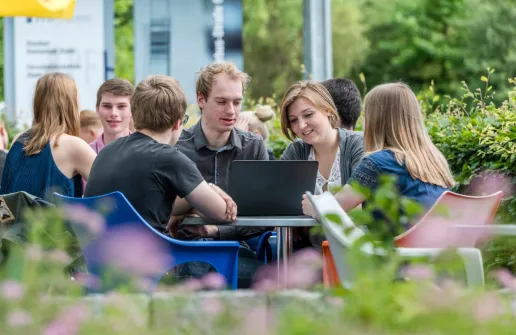
Job Guarantee
Since there are plenty of job openings in the German job market, we are confident our students will find jobs quickly after they finish studying. That's why we're offering a 20% refund on full tuition fees if they don't land a job within 9 months of graduating.
To be eligible for the refund, the student must have:
- successfully completed their studies within the regular study period,
- shown proof of a B2 level German language proficiency in form of a certificate,
- defended their Master’s thesis in German,
- achieved a minimum thesis grade of 2.5.
Receive more information

Experts at PFH

Prof. Dr.-Ing. Heinrich Fehren made a significant development contribution to the ATC system for suppressing torsional vibration in convertibles, and was awarded the District of Göttingen's innovation prize in 2007. Since December 2007, he has been Professor of Adaptronics at the PFH Private University of Applied Sciences.

Nikolay Avgustinov, born in 1960, began his scientific career studying mechanical engineering at Sofia Technical University. He graduated as an engineer in 1985 and was subsequently employed as a research assistant at Sofia Technical University.
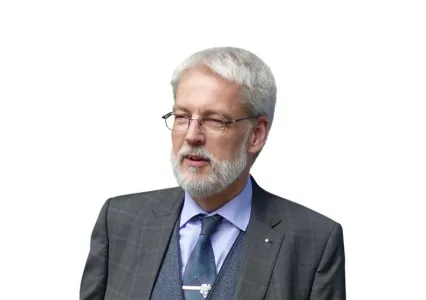
Among other positions, Wilm Unckenbold has been the managing director of INVENT and is currently a freelance engineer. At PFH, Unckenbold was Vice President for Technology and Continuing Education from 2015 to May 2025.
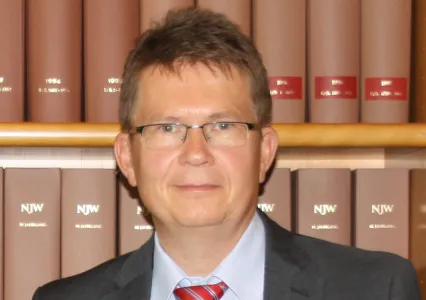
After completing his doctorate, Richard Degenhardt worked as a structural engineer. In addition to his professorship at PFH, he is currently working at the Institute for Composite Structures and Adaptive Systems at the DLR.
FAQ – the most frequently asked questions
At PFH University, you can apply at any time.
- Application form via our website
- Curriculum Vitae (CV)
- Letter of motivation
- School leaving certificate (University Entrance Certificate)
- Bachelor's degree certificate (or provisional certificate, if not yet awarded)
- Transcript of records for your Bachelor's degree
- Proof of English proficiency (minimum B2 level)
- English language certificate: TOEFL iBT score 86, IELTS score 6.5, LanguageCert Academic score 70, Duolingo or equivalent.
- Document stating that the medium of instruction of your Bachelor’s course was English.
- An employment reference is optional, though highly recommended
- Copy of passport
- Digital photo for your university card
- Chinese, Vietnamese and Indian students must obtain an APS Certificate from the Academic Evaluation Center to complete the admission process.
Yes, you will need proof of advanced English language skills, e.g., Bachelor’s taught in English, TOEFL iBT score 86, IELTS score 6.5, LanguageCert Academic score 70, Duolingo or equivalent.
If you are a citizen of a country in the EU, EEA or Switzerland, you do not require a visa or other documentation to enter Germany and study here. However, once you arrive and find accommodation, you must register with the local residents’ registration office.
If you come from a country other than the ones named above, you will require a visa. For more information specific to your home country, please visit the Federal Foreign Office website.
At PFH University, we offer international students three types of scholarships:
- STIBET-Programmes
- DAAD Prize
- Deutschland Stipendium/Germany Scholarship
For more information on each of the scholarships, click here.
During your studies, you are generally allowed to do 120 full days or 240 half-days of paid work and take small student jobs. In exceptional circumstances, your local Foreign Office may impose further restrictions.
International students coming to Germany have two options when it comes to accommodation: student halls of residence and private accommodation. For more information, you can visit the Accommodation Finder of the Federal Ministry of Education and Research or contact our International Office.
When you compare Germany to other European countries, you’ll find that it’s not very expensive. The living costs are just slightly higher than the EU average, with rent being the largest expense. On average, students in Germany spend around 850 EUR per month (750 EUR in Göttingen for the management degree).


